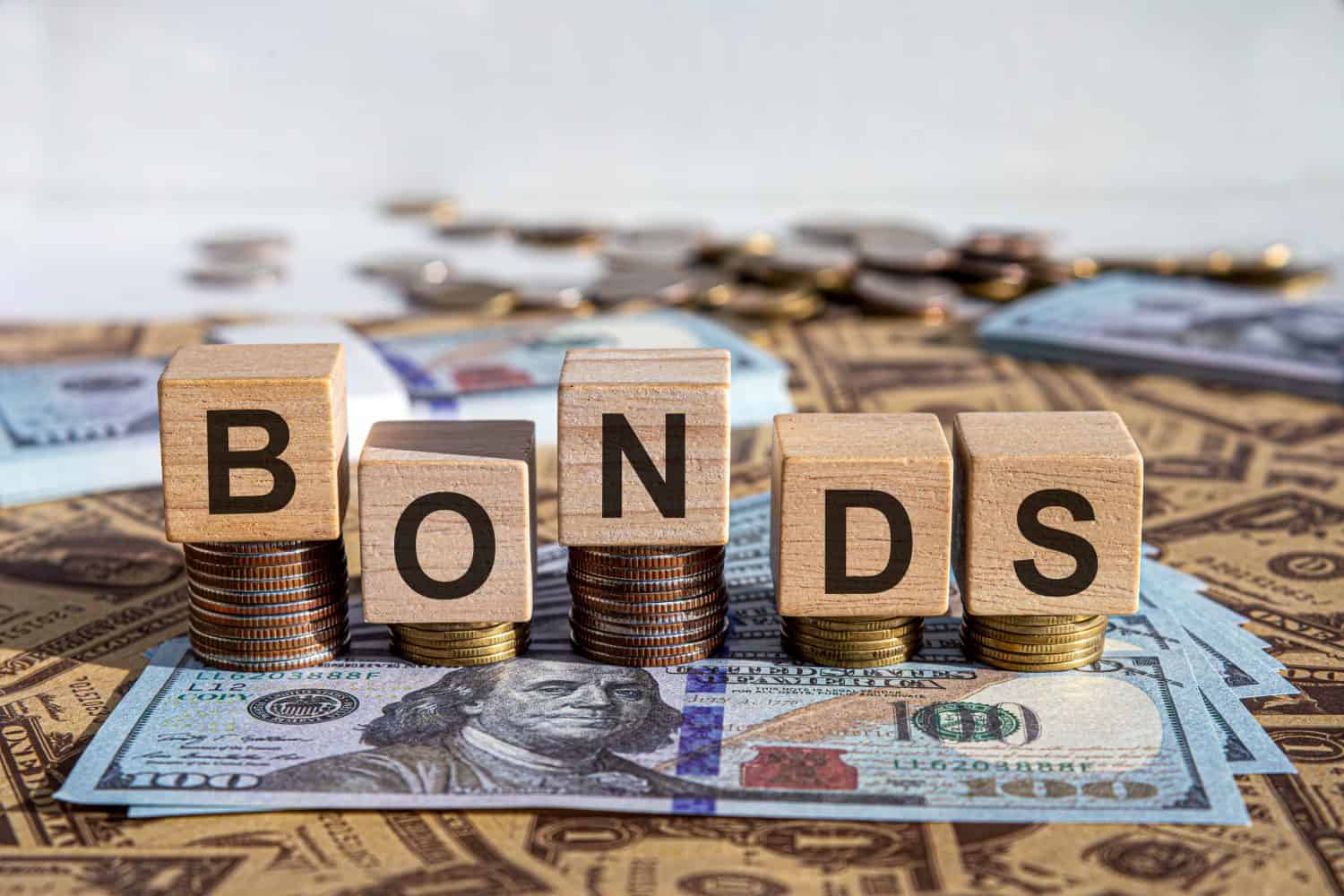Personal Finance
I've banked over $10 million for retirement by my late 30s - am I being too conservative with my investments?

Published:

Banking more than an eight-figure sum by one’s 40s seems like an impossible feat. Indeed, it’s pretty unrealistic to set the bar that high to be achieved that early in life. However, in the case of this fortunate Reddit poster, it’s a reality, with the individual in question having saved up close to $12 million (no, that’s not a typo!) in their late 30s.
Undoubtedly, the person has children and numerous other financial responsibilities in their life. But none of them, in my opinion, will be pricey enough to put any sort of meaningful dent in their oversized retirement nest egg.
Indeed, scrolling through the r/fatFIRE subreddit can cause feelings of jealousy, especially when you come across cases involving exorbitant amounts of money saved up by such a young age. Indeed, it’s easy to compare yourself to these colossal overachievers.
While I do think there’s a lot to learn from looking at individual cases like this, readers should ensure they consult a financial advisor who can tailor a plan that’s better fitting for them. In any case, there is value for those who aren’t yet at or above their financial goals or FIRE numbers for prospective early retirees who’ve consistently smashed past their milestones.
Just because you’re not sitting on a fortune today doesn’t mean you won’t in a couple of decades from now. Throw an inheritance into the equation, and you may, too, find yourself wondering what the right asset allocation is for your nest egg.
Having millions in bonds in one’s 30s can be viewed as being “too” conservative.
That said, if one’s rattled by stock volatility, there’s no shame in having more bond exposure.
Retiring early is possible, and may be easier than you think. Click here now to see if you’re ahead, or behind. (Sponsor)

In the case of this individual, they’re wondering if they’re too conservatively positioned. On the one hand, they’re still young and able to take on more risks for a shot at greater returns in the equity markets.
However, at the same time, they’re already rich. And what’s the sense in taking on extra risk to get richer if one risks having to start all over again? Indeed, the late, great Charlie Munger once said, “You only have to get rich once.” But does that mean one should shy away from risk after they’ve blown past their financial targets?
Of course not. One must continue to grow one’s wealth to keep up with it and perhaps pull far ahead of the rate of inflation. The key is achieving an asset allocation that allows one to take enough risk to grow their funds while steering clear of assets that entail a high risk of catastrophic losses (the losses you can’t really bounce back from).
Given the poster’s young age and late 30s, I think a strong argument could be made that they’re too heavy on the bonds.
Indeed, a 70-to-30 ratio of stocks to bonds may be fitting if the poster in question is easily rattled by stock market volatility (it’s really picked up since the new year began!) or has some hefty expenses coming up (think real estate projects). However, in one’s 30s, I think $3.5 million in bonds is overdoing it. At the end of the day, stocks are the best wealth-creating assets out there. Over extended periods of time, bonds are unlikely to even come close!
At the same time, though, it sounds like the poster is afraid of sustaining steep financial losses and having to start from scratch. If they’re committed for the long term (I think they should, given their age) in an index fund or portfolio of blue-chip stocks, I’d argue that their chances of having to start over again are absurdly low.
Of course, whether or not they’re too conservative depends on their risk tolerance. If they’re going to keep up at night come the next market correction (perhaps one has already started?), they should stick with their current allocation.
A financial advisor could really help one understand how much risk one is willing to take. Remember, the willingness to take risks in stocks is not the same as the ability to take risks. Someone who’s in their late 30s may have the ability but perhaps not the willingness.
Start by taking a quick retirement quiz from SmartAsset that will match you with up to 3 financial advisors that serve your area and beyond in 5 minutes, or less.
Each advisor has been vetted by SmartAsset and is held to a fiduciary standard to act in your best interests.
Here’s how it works:
1. Answer SmartAsset advisor match quiz
2. Review your pre-screened matches at your leisure. Check out the advisors’ profiles.
3. Speak with advisors at no cost to you. Have an introductory call on the phone or introduction in person and choose whom to work with in the future
Thank you for reading! Have some feedback for us?
Contact the 24/7 Wall St. editorial team.